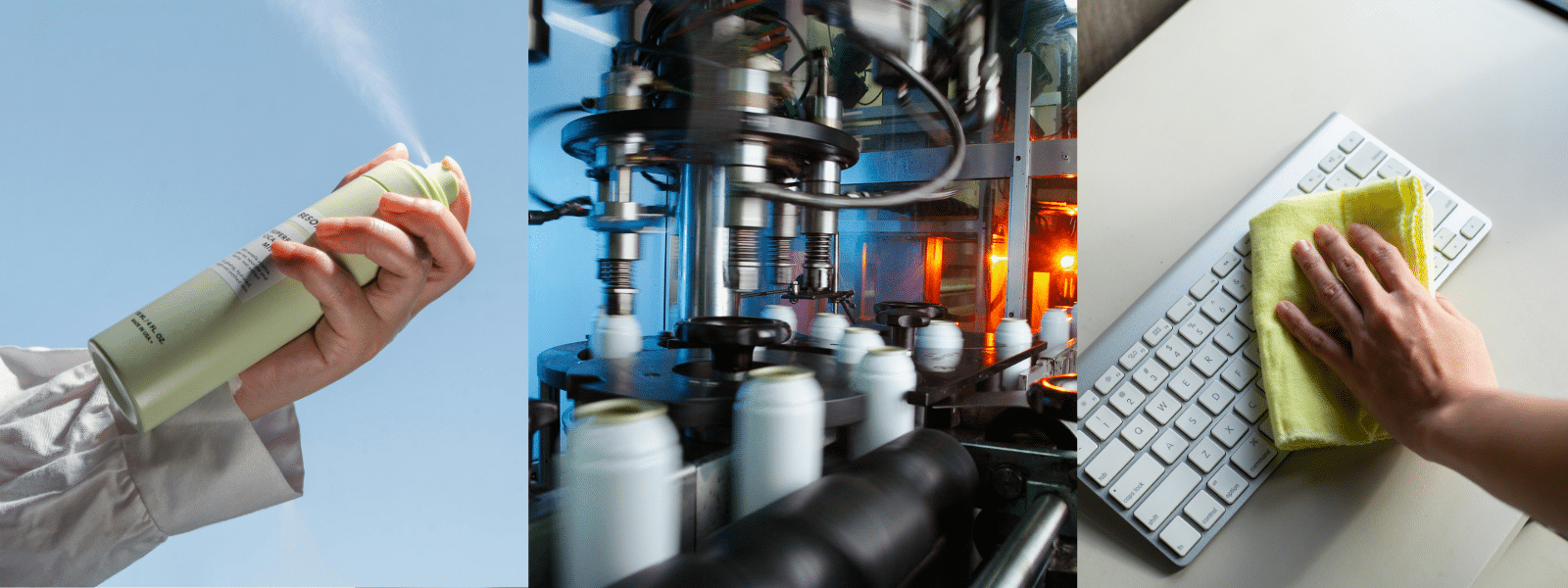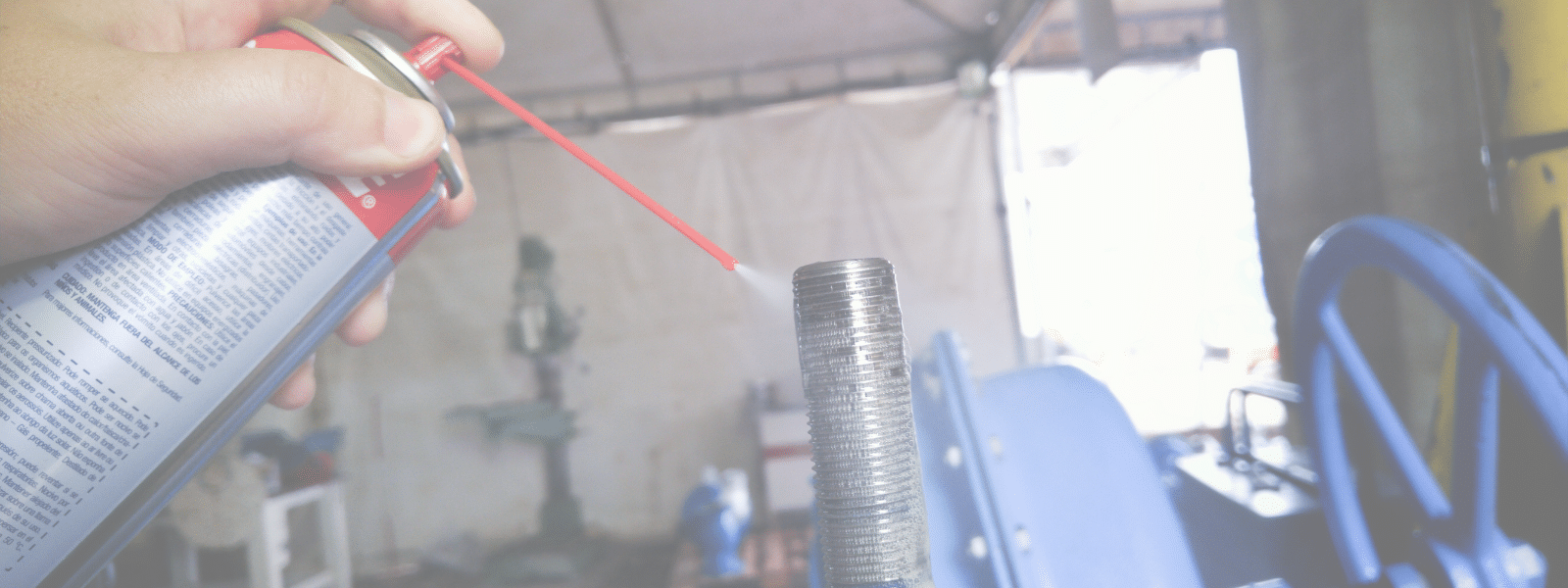Most mechanical parts that receive heavy wear are serviced with a lubricant to prevent moving parts from grinding together and accelerating wear. In industrial settings, heavy-duty mechanical parts are treated with grease to provide a smooth buffer between moving parts in vehicles, production line equipment, large air distribution fans, and much more.
Eventually, though, the grease attracts dirt particles that can come between moving parts and make them operate less efficiently. The parts must be degreased and have a fresh layer of grease applied. What’s the best method for removing the old grease?
The options are practically endless, but many companies and organizations prefer to use acetone for degreasing, or an acetone blend designed for specific degreasing applications.
Acetone for Degreasing
Some industrial degreasers are stringent solutions that demonstrate excellent efficacy but are dangerous to humans and the environment. Acetone is an exception.
Acetone has low flashpoint, making it highly flammable, and acute overexposure to acetone can cause temporary ailments that lead to workers taking sick days to recover. However, as long as acetone exposure is managed by wearing the proper level of personal protective equipment (PPE) and operating an air filtration system that captures airborne contaminants, workers are generally quite safe against negative effects.
If overexposure occurs, the result is rarely critical and can often be treated at the worksite. Acetone is considered non-toxic, non-mutagenic, and non-carcinogenic. It is safe to work with but still requires using basic safety measures.
Acetone as a Catchall
Using acetone for degreasing is an good option from a safety standpoint, and the low price of acetone makes it an excellent choice from an economic perspective, as well.
These benefits create a third benefit of using acetone: It can be used as a catchall cleaner for any substance it excels at removing — and there are quite a few — as long as the cleaner isn’t applied to improper materials. For example, acetone can damage textiles and shouldn’t be used to clean most fabrics. It can also damage styrofoam certain grades of rubber and plastic.
On the upside, acetone can be used to clean glass, a variety of metal alloys, and materials that have solvent resistant finishes, such as conversion varnish, two-part polyurethane, UV-cured finish, and epoxy resin. Acetone is miscible with water, letting you create a solution that has the perfect acetone density for cleaning specific surfaces.
Need Acetone for Degreasing?
If so, Ecolink offers acetone and acetone blends that are environmentally preferred solvents. If one of our stock options is not right for your degreasing needs, we’ll create a custom, drop-in formulation that works flawlessly. We also provide free test samples for every solution we sell, so you can see how well an acetone solvent works before you place an order.
To learn more about our acetone solvent options or to place an order, please call us today at 800-563-1305, or send us an email using our contact form. We take pride in providing eco friendly acetone for degreasing and other industrial grade soil removal operations. Order today!















